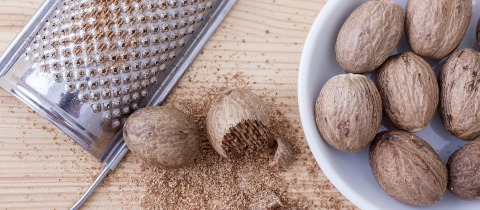Diseases, such as arthritis, which have no known cure often drive sufferers to what orthodox science might call "questionable treatments." The wearing of copper bracelets to ease the symptoms of arthritis is a case in point. This practice does indeed sound nonsensical; after all, how could wearing a bracelet affect the inner workings of the body? Well, perhaps if some of the copper dissolved in sweat and was absorbed into the body, one could make a case, albeit probably a feeble one. But does copper dissolve in this fashion? We can perhaps get to the bottom of this problem by examining a ship's bottom. An age old problem with ships' is the attachment of a variety of marine organisms to the hull. Barnacles, for example, are sedentary marine crustaceans which remain attached to submerged surfaces throughout their adult life. In large colonies, they can greatly reduce the progress of a ship through water and thus increase energy requirements. As early as 1770 it was found that copper sheathing on wooden hulls prevented encrustation with marine organisms. This happens because small amounts of copper do dissolve in sea water and are deadly to some life forms.
Unfortunately, when iron hulls were introduced, the protective effect of copper disappeared. The copper instead of dissolving in water, reacted with the iron to cause corrosion! The temporary solution was to cover the iron hulls with wood and then cover the wood with copper. The copper was isolated from the iron so it was free to dissolve and keep the hull free of barnacles and such. So copper does dissolve in sea water, and sea water is very much like human sweat. Can a copper bracelet then release significant amounts of the metal into the body and if it does, can this have an effect on arthritis? A study in Australia examined the loss of weight of copper bracelets worn by people for a year. Sweat appeared to dissolve about 13 milligrams of copper per month. If a significant portion of this were absorbed, it would increase the concentration of copper in the body to a higher than normal level. So suppose some copper is absorbed, can it possibly have a beneficial effect? Well, copper is essential for life. It is part of a number of enzymes, some of which are involved in the proper maintenance of connective tissue. So one cannot categorically rule out the possible benefits of copper bracelets if worn regularly over a period of time. But if someone claims that putting on a newly purchased bracelet has taken away their arthritic pain, it is the imagination, not the copper that is in play.







